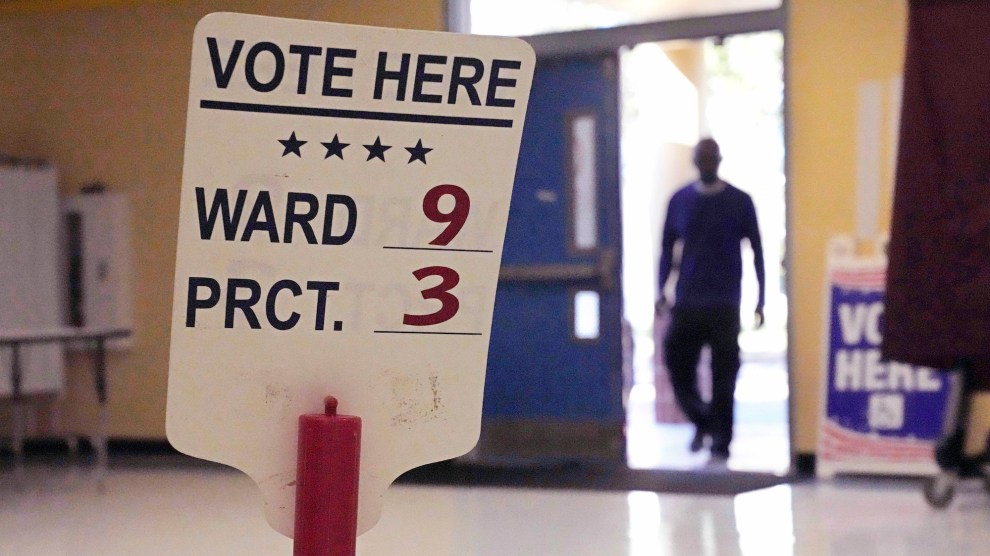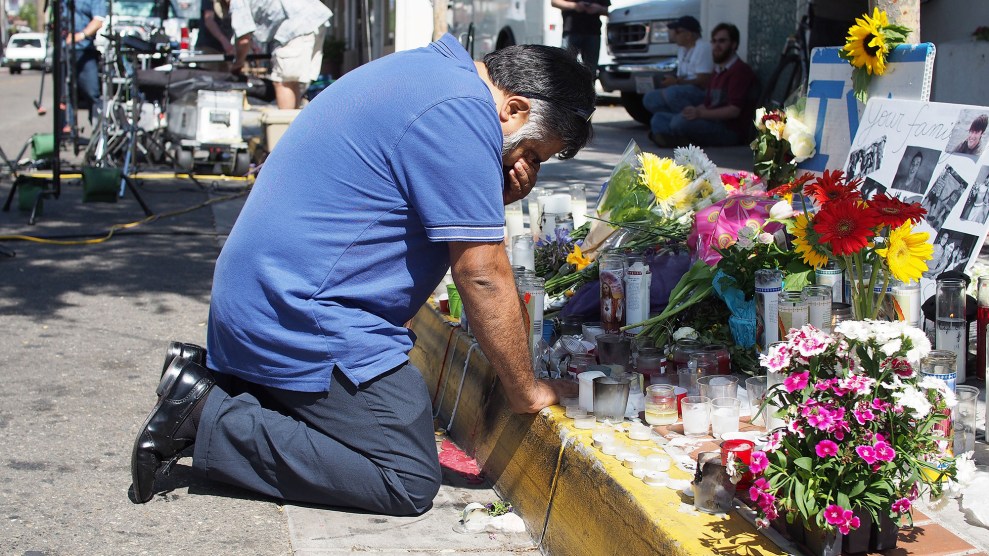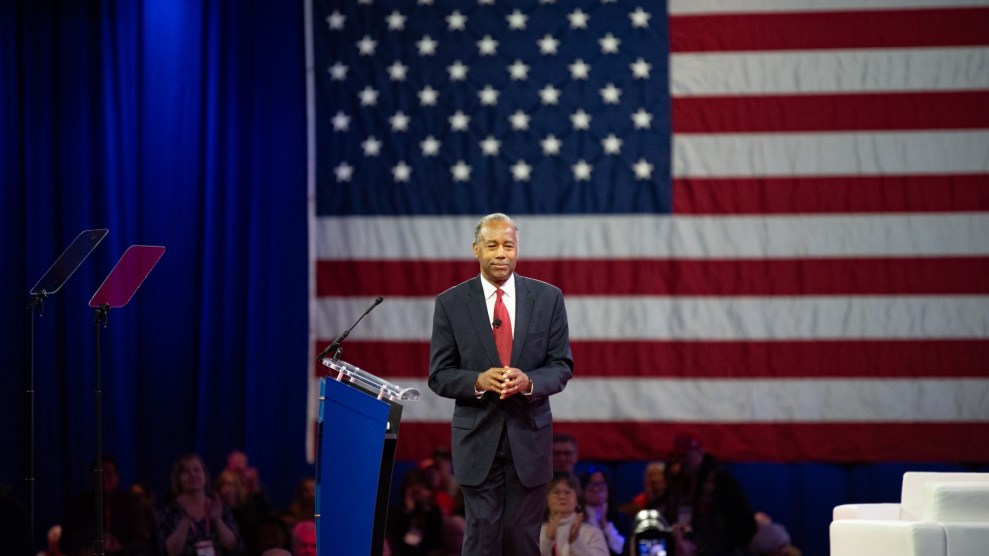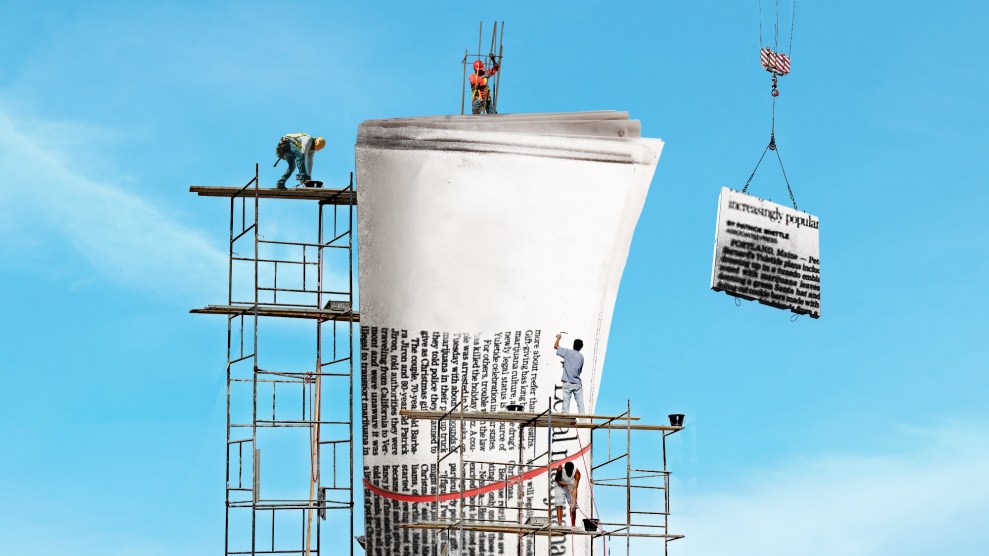Chalk up another casualty of the Firestone fiasco. In February, the company added 98,000 tires to the 6.5 million it recalled last August after 174 people died in accidents related to its faulty tires. But the recalls are also hurting workers at the tiremaker’s rubber plantation in the war-ravaged nation of Liberia, forcing African employees who earn only a few dollars a day out of their homes.
A billboard at the entrance of Firestone’s 35,000-acre facility in Harbel, Liberia, declares it the “World’s Largest Rubber Plantation.” The 5,600 workers at the plantation are supposed to receive free housing. Many of the company houses, however, were destroyed during Liberia’s seven-year-long civil war, which ended in 1997 at a cost of 150,000 lives. Firestone, which has been exporting latex from Liberia for 75 years, had slowly been repairing the homes. But in the wake of the American tire recalls, Liberian union officials charge that the company has stopped nearly all renovation on the plantation.
“Many houses are unlivable, so many people live outside the farm and must pay rent,” says Stanley Nowon, secretary general of the Firestone Agricultural Workers Union of Liberia. “Some of the workers work all year long, and still don’t have the money to build a house.” Firestone dismisses the allegation. “The company has very diligently worked to improve the housing that was damaged by the civil war,” says Joe Quinn, a company spokesman.
A walk around the Firestone plantation last November confirmed the dire living conditions of many workers. Among the densely packed homes were cardboard-and-metal shanties held together by scrap wood and wire. A group of houses faced a stinking trash dump in which children played. Families were living in the charred shells of homes destroyed during the war, some of which lacked roofs. None of the homes had water or electricity. The workers’ housing sits just out of sight of the neatly manicured antebellum estates of company managers.
The housing crisis has only added to the grievances of Liberian workers. With the nation’s unemployment at 85 percent, they note, Firestone can pretty much do as it pleases. According to union officials, the rubber tappers earn $2.53 a day, and work eight hours a day, six days a week. “It is very difficult to live on these wages,” says union president Richard S. Fatorma. In addition, the union says, Firestone has nearly halved its workforce in the last decade — doubling the workload without increasing pay.
Workers also complain that they feel ill from spraying trees with Difolatan, which enhances latex production. In the United States, federal health officials list Difolatan as a “known or suspected carcinogen” that can cause asthma and skin irritation. The company says it no longer uses the chemical.
Firestone says its Liberian workers earn $5 a day. “If you compare rubber workers in Liberia versus rubber workers in Thailand or Brazil, you’d find that Liberian workers’ pay is much more than rubber workers’ elsewhere,” says Quinn, the company spokes-man. By contrast, the average hourly wage for American workers in Firestone plants is about $19. Last year, even after the costly recalls, the company reported profits of $108 million.















